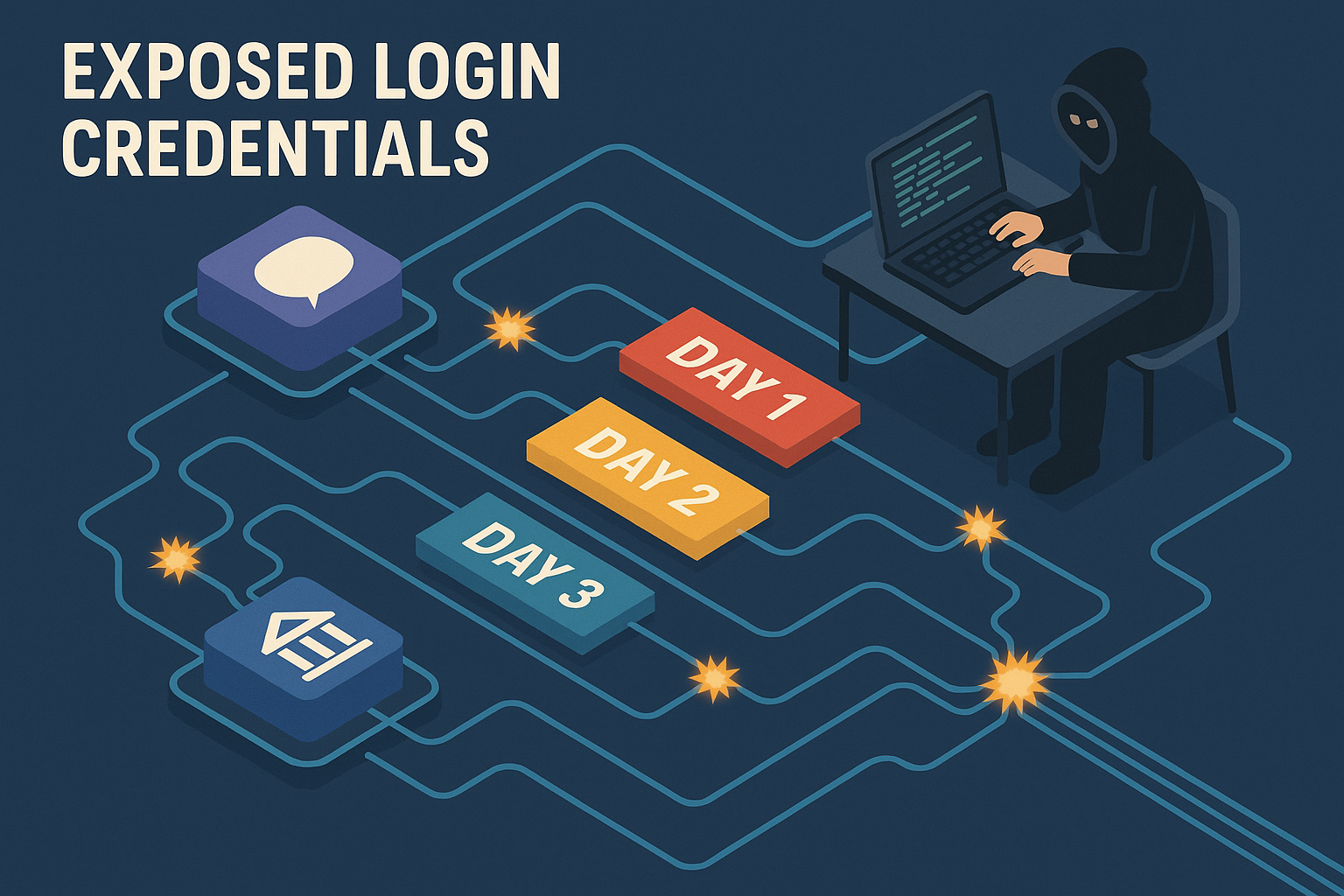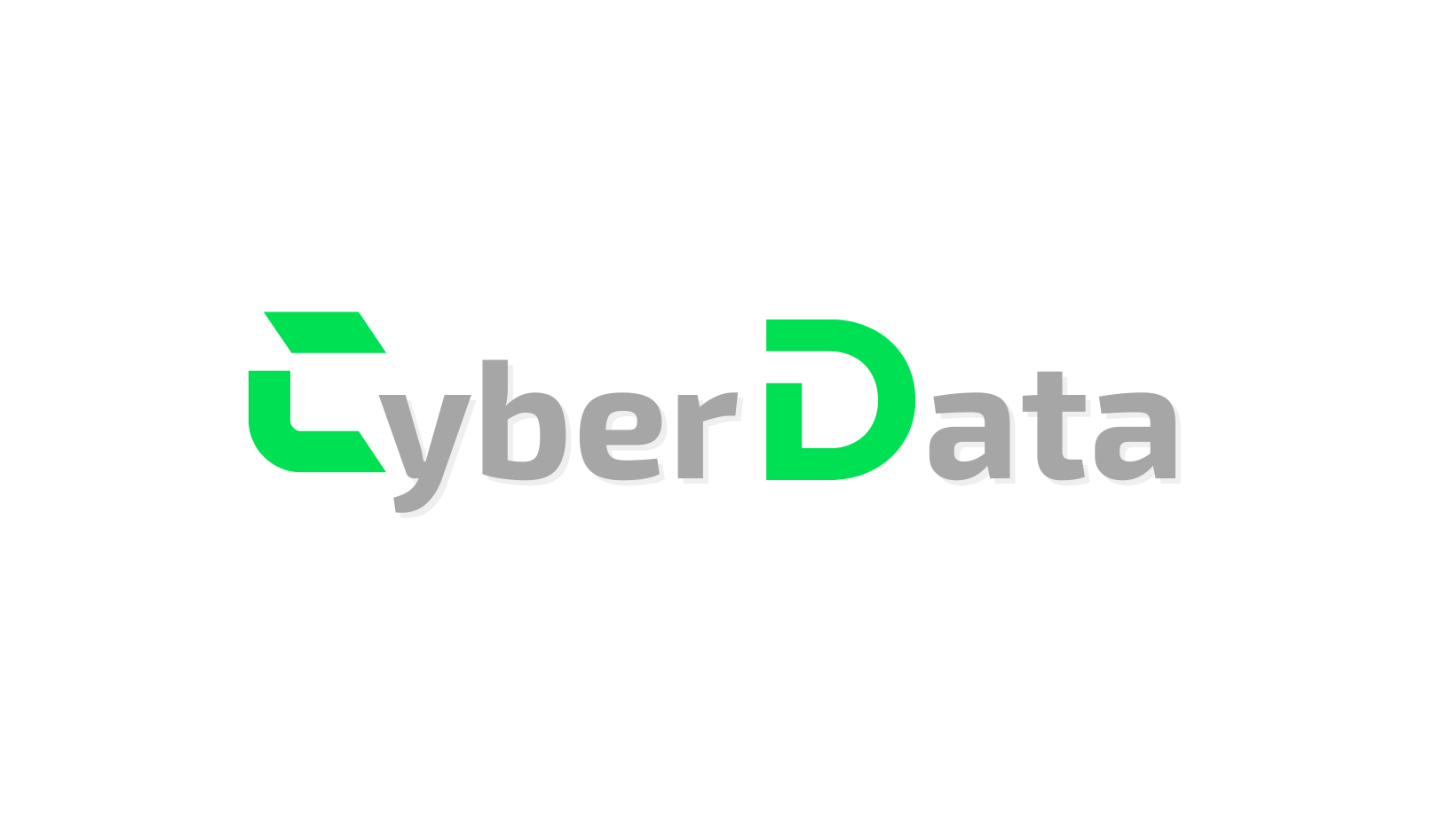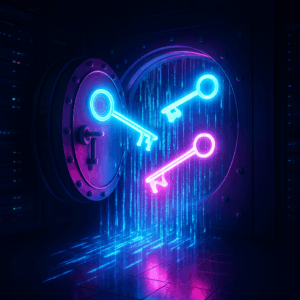Absurdity in the Digital Age: Cybersecurity Unraveled
When Security Becomes a Comedy of Errors
If you thought the internet couldn’t get more surreal, the latest mega-breach—exposing 184 million accounts across social and financial spectrums—says otherwise. From Facebook to banking portals, login credentials were left waltzing in the digital breeze, offering a masterclass in how not to safeguard a civilization increasingly reliant on ones and zeros.
How did a treasure trove of sensitive data wind up exposed, and what fresh chaos does this herald for our digitized existence?

The Anatomy of an Absurd Breach
Discovered by cybersecurity researcher Jeremiah Fowler, the unencrypted database clocked in at an eyebrow-raising 47 GB and was publicly accessible—yes, you read that right—before anyone bothered to pull the digital fire alarm. The breach is a showcase for infostealer malware’s greatest hits: swiping credentials from browsers, emails, and messaging platforms with a flourish that would make even the most flamboyant stage magician envious.
The loot? Prime fodder for credential stuffing, account hijacking, and a phishing bonanza. Investigators attempting to trace the attack hit the classic brick wall—opaque domains and Whois privacy—leaving the culprits to cackle in the shadows.
Regulatory Roulette and Geopolitical Whiplash
This breach isn’t just a technical snafu—it’s an existential poke in the eye to data privacy laws. The EU’s GDPR, once hailed as the Great Wall of Digital Protection, suddenly looks a bit more like a picket fence. The global nature of the disaster is a bleak reminder: cyber threats don’t respect passports or sovereignty.
Meanwhile, the sophistication of adversaries increases unabated. Take, for instance, UNC5221—a China-nexus cyber espionage group—exploiting holes in widely-used software. The gulf between technological leaps and cybersecurity’s plodding advancements yawns ever wider, with each new breach serving as exclamation point.
The Paradox of Progress—and the AI Wildcard
Here’s the rub: In trusting technology with our livelihoods, we seem to have forgotten the value of digital locks. Sure, AI promises automated defenses, but it also arms cybercriminals with smarter, faster tools. It’s a high-stakes arms race where the finish line keeps receding.
So what next? Should every citizen earn a certification before logging on, or do we merely cross our collective fingers? Until we treat cybersecurity as a societal imperative—not just an IT headache—the joke, it seems, is on all of us.



